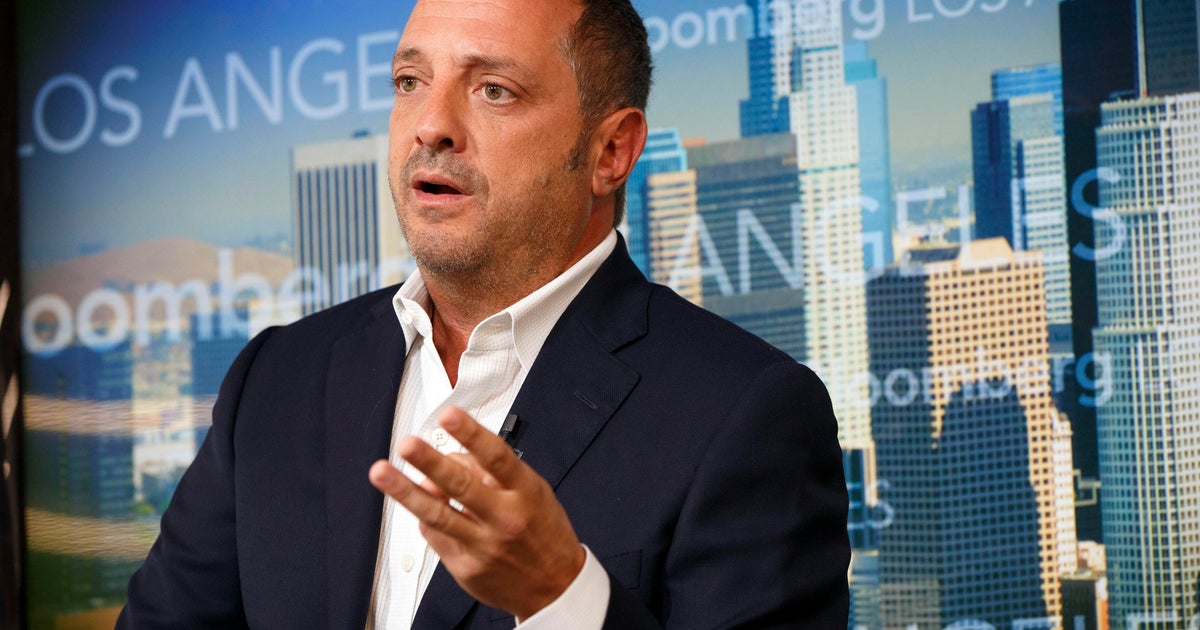HIV prevention drugs known as PrEP are highly effective, but many at risk don't know about them
Despite highly effective HIV prevention drugs on the market, only a fraction of those at risk in the U.S. are taking them — or even know they're an option.
It's called pre-exposure prophylaxis, or PrEP, and it is about 99% effective to prevent HIV infection through sexual contact when taken as prescribed. But only about one-third of the 1.2 million Americans who could benefit from the medication are taking it, according to an estimate from the Centers for Disease Control and Prevention.
LaTonia Wilkins told CBS News she never knew PrEP was for people like her, even after she had an HIV scare.
"I was dating a guy, and while we were dating, he found out that he was living with HIV," she said, adding that no one talked to her about the medication when she went to get tested.
"At the time, I never even heard of PrEP," she said. She didn't start taking it until years later. "I thought PrEP was for gay men or trans women. I didn't know I could take PrEP."
Who's at risk for HIV?
More than 30,000 people in the U.S. are diagnosed with HIV — the virus that causes AIDS — every year in the U.S., according to the CDC, and a total of about 1.2 million are living with the infection. And it is not just a problem for any single community — almost a quarter of those infected get it through intimate heterosexual contact, the health agency estimates.
Dr. Céline Gounder, a CBS News medical contributor and editor-at-large for public health at KFF Health News, says those considered to be at risk for HIV and who may want to get on PrEP include:
- People who are having unprotected sex
AND
- who have a partner who has HIV;
- OR who have multiple sexual partners who have not been tested for HIV;
- OR who have had an STD in the last six months.
Disparities among HIV prevention
CDC data also shows a stunning disparity among people considered at risk for HIV.
While 94% of White people who doctors say could benefit from it are now on PrEP, less than 13% of Black people and 24% of Hispanic/Latino people who could benefit are receiving it, and less than 15% of women at risk are getting the drug.
Dázon Dixon Diallo founded a women's health advocacy group in Atlanta some 40 years ago because she saw Black women were being left behind in the fight against HIV.
"I started Sister Love out of anger. Out of anger and frustration that nothing was happening," she told CBS News.
Dixon Diallo and her team also stressed the need to normalize conversations about sex and HIV.
"We want to acknowledge that people have sex, and that just like anything else that we engage in, there are risks," she says.
PrEP prices and accessibility issues
The cost of the PrEP medication, clinic visit and lab tests averages more than $5,000 a year, Gounder says.
This creates accessibility challenges for people like Wilkins.
"If my insurance provider decides, I don't want to cover this anymore, I really don't know what I would do because PrEP costs more than my rent right now," she says. "I have a lot of anxiety about that."
A federal appeals court case could also limit insurance for PrEP, with some employers arguing they shouldn't have to pay for drugs that "facilitate behaviors ... contrary to" the employer's "sincere religious beliefs."
"This federal court case could end insurance coverage or not require employers to provide insurance coverage for this. You also have Gilead — that's a company that makes these combination pills for PrEP — they're looking to narrow their patient assistance program by the end of 2024. And then on top of that, you have congressional Republicans who have proposed really deep cuts to funding for the CDC's HIV prevention program," Gounder explained on "CBS Mornings."



